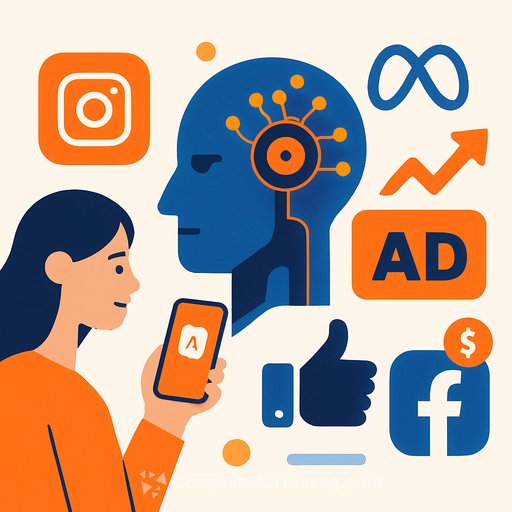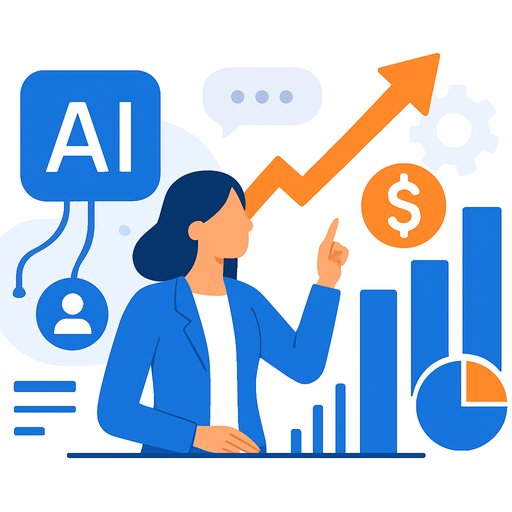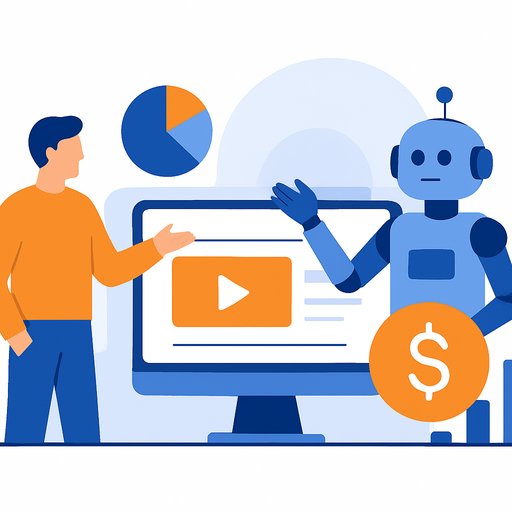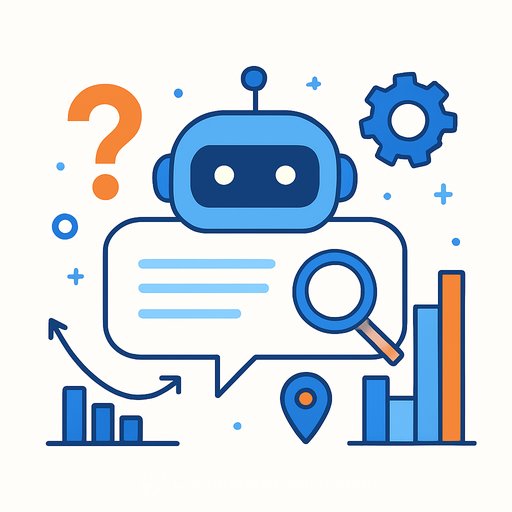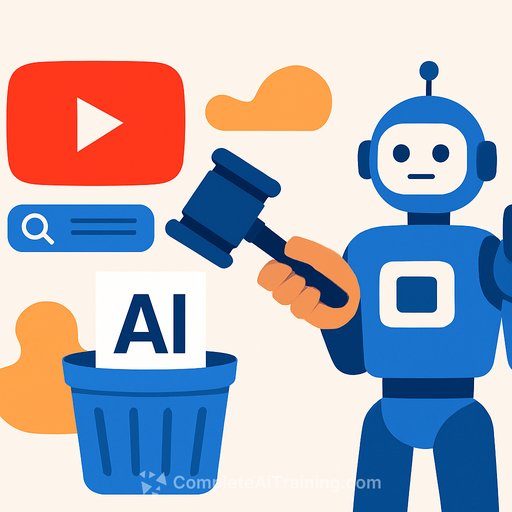How AI is Driving Growth on Instagram and Facebook Ads
Meta recently reported solid Q2 results, revealing that AI-powered advertising tools boosted conversions by 5% on Instagram and 3% on Facebook. This uptick highlights how artificial intelligence is becoming central to Meta’s strategy for enhancing user engagement and business outcomes.
Mark Zuckerberg emphasized that Meta’s vision extends beyond traditional platforms. He sees AI integrated into everyday life, with smart glasses acting as the next interface, eventually replacing screens and smartphones. This reflects a shift to what he calls “personal superintelligence” — AI that not only assists but also evolves and improves itself.
What Mark Zuckerberg Means by Personal Superintelligence
Zuckerberg described personal superintelligence as AI that surpasses human intelligence in every respect. The goal is to empower individuals by providing AI tools that help them focus on what matters most in their lives.
He pointed out that this technology isn’t just about economic or scientific breakthroughs. It’s about enhancing creativity, culture, connection, and overall life satisfaction. Meta is investing heavily in this vision by building dedicated teams and massive computing infrastructure to support advanced AI models.
AI’s Role in Advertising and User Engagement
From a marketing perspective, AI is already delivering tangible results:
- Ad Conversions: AI tools have improved ad conversion rates by 5% on Instagram and 3% on Facebook, with generative AI features contributing significantly, especially for small businesses.
- User Engagement: Enhanced recommendation systems increased time spent on Facebook by 5% and Instagram by 6% this quarter.
- AI-Driven Business Tools: Meta is testing AI-powered business assistants in various countries, integrating them into ads and e-commerce platforms to streamline customer interactions.
These improvements demonstrate how AI can make advertising more efficient and personalized, directly impacting marketing ROI.
Meta’s AI Infrastructure and Future Outlook
Meta is building massive AI clusters, such as the Prometheus and Hyperion projects, which will offer unprecedented computing power. These clusters are essential for training advanced AI models that underpin both consumer and business applications.
On the hardware side, Meta continues to develop AI-integrated devices like Ray-Ban Meta Glasses and new models aimed at active users. Zuckerberg believes these glasses will become the primary way people interact with AI daily.
What This Means for Marketers
For marketing professionals, the rise of AI on Meta’s platforms means:
- More precise targeting and higher conversion rates driven by AI’s ability to analyze and predict consumer behavior.
- Improved content engagement through smarter recommendation systems that keep users active longer.
- New opportunities to leverage business AI assistants to enhance customer service and sales directly within ads and e-commerce environments.
Staying informed about these tools and how they evolve is essential for marketers looking to maximize their campaigns on Meta’s platforms.
To keep up with the latest in AI marketing tools and strategies, exploring specialized courses can be highly beneficial. Resources like Complete AI Training’s marketing-focused courses offer practical guidance on integrating AI into your marketing efforts.
Looking Ahead
Meta plans to share more updates at its Meta Connect event on September 17. With AI at the core of its growth strategy, marketers can expect continuous improvements in ad efficiency, user engagement, and AI-powered business tools.
Understanding these developments and adapting strategies accordingly will be key to driving results in the evolving digital advertising landscape.
Your membership also unlocks:

